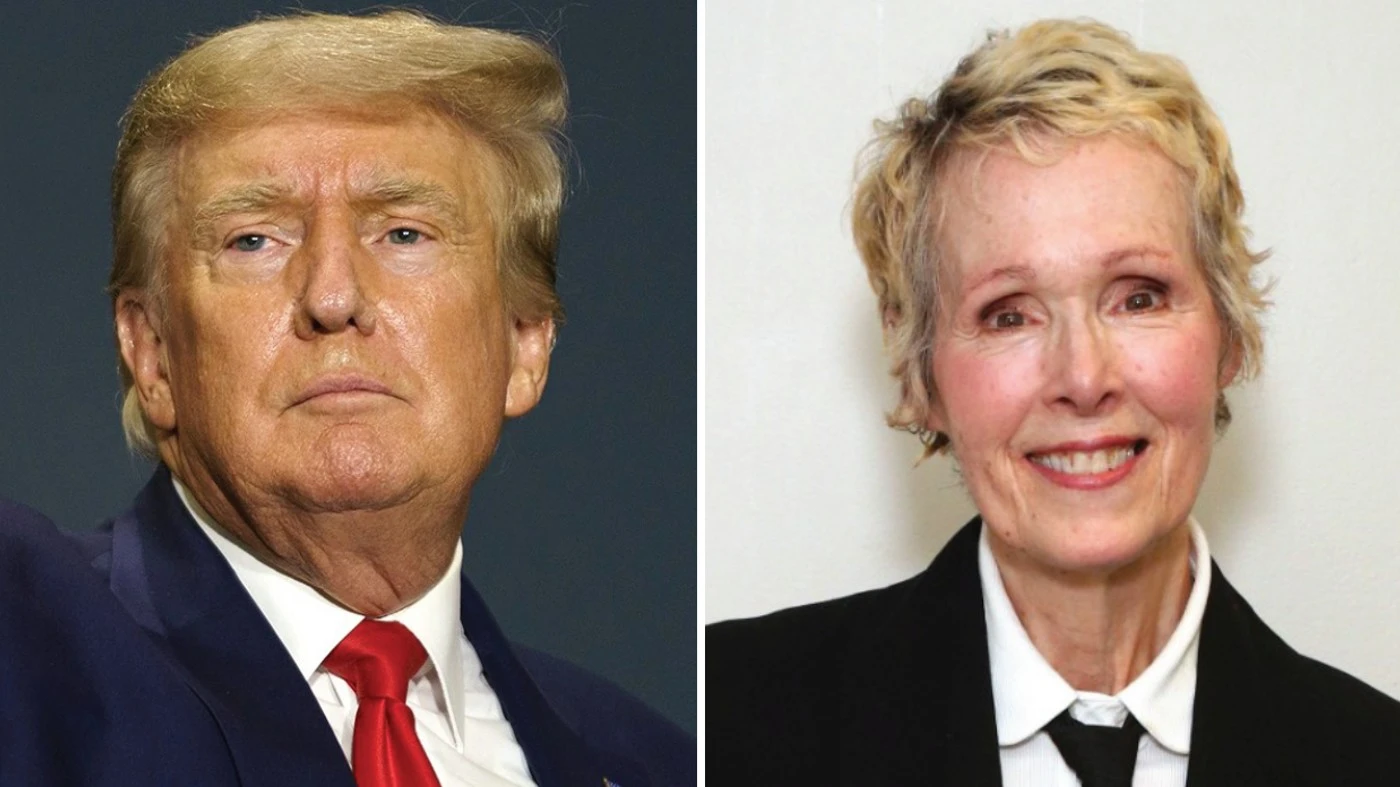A New York federal judge on Monday delayed the unsealing of a portion of former President Trump’s deposition from a defamation lawsuit brought by E. Jean Carroll, who accused him of raping her in the mid-1990s.
Earlier Monday, U.S. District Judge Lewis Kaplan initially ordered the unsealing of 34 pages from the testimony Trump gave in October in the defamation case. Just hours later, Kaplan granted a request by Trump’s team to delay the release for three more days to give them more time to file an objection to the unsealing of the deposition.
Kaplan said in his initial order that Trump’s lawyers failed to respond to Carroll’s lawyers within a three-day window on the question of whether the sealed pages should remain completely sealed or partially sealed. The question brought by Carroll’s lawyers on whether the deposition could be unsealed was filed in mid-December.
Trump’s attorneys said they did not file a formal objection to the unsealing because they misunderstood a previous order given by the judge. They said they had thought the “burden” to explain why the unsealing of the deposition was necessary fell on Carroll’s team, not Trump’s, and subsequently asked for three extra days to file a formal objection to the unsealing.
Carroll filed a lawsuit against Trump in 2019, alleging that he defamed her by casting doubts on her credibility and making comments about her appearance. Trump sat for the deposition last fall, after he repeatedly tried to delay the case.
In November, Carroll filed a second lawsuit against Trump for the alleged sexual assault that took place in either 1995 or 1996, after a new New York law was enacted. She alleged that Trump raped her in a Manhattan department store. Trump has denied this happened, including in a 2019 interview with The Hill in which Trump said Carroll was “totally lying” and “not my type.”
Under the new New York’s Adult Survivors Act, survivors of sexual assault can file a legal claim within a one-year window, even if the statute of limitations has passed. Those who file a claim must have been over 18 years old when the alleged crime occurred.
Trump’s lawyers argued to the top D.C. court Tuesday that his statements about the defamation case were a part of his role as president. If Trump’s statements during his time as president are ruled to fall under the protection of law, the Carroll’s defamation lawsuit will likely not succeed.
NY federal judge delays unsealing parts of Trump deposition in defamation lawsuit




